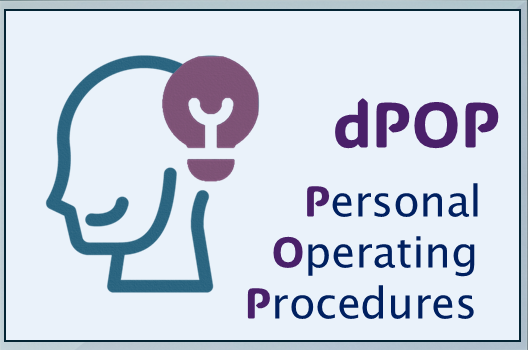Developed by Fred Reichheld of Bain and Company in 2003, NPS is a simple yet powerful customer survey metric that gauges customer loyalty and satisfaction by asking one fundamental question:
“On a scale of 0 to 10, how likely are you to recommend our company/product/service to a friend or colleague?”
Based on their responses, customers are categorised into three groups:
- Promoters (8-10): Loyal enthusiasts who will keep buying and refer others.
- Passives (6-7): Satisfied but unenthusiastic customers who are vulnerable to competitors.
- Detractors (0-5): Unhappy customers who may discourage others from engaging with your business.
The NPS is calculated using the formula:
NPS = % of Promoters minus the % of Detractors
This score can range from -100 to +100, with higher scores indicating stronger customer loyalty.
For example, if you analyse your NPS score, and you have 68 promoters and 48 detractors then your NPS Score is 68 – 48 = 20
NPS is valuable because it provides a simple snapshot of overall customer sentiment, guiding improvements in customer experience and business performance.
-There is only one boss. The customer. And he can fire everybody in the company from the chairman on down, simply by spending his money somewhere else – Sam Walton
Uses and Applications
NPS serves as a strategic tool in various industries, including retail, finance, healthcare, and SaaS. Common applications include:
- Customer Experience Management: Identifying pain points and improving customer satisfaction.
- Brand Loyalty Analysis: Understanding customer retention and long-term engagement.
- Product Development: Gathering feedback for feature enhancements and innovation.
- Benchmarking Performance: Comparing NPS against industry standards and competitors.
- Employee Engagement: Using an internal NPS (eNPS) to measure workplace satisfaction and advocacy.
How you can use NPS in your business
The Golden Rule is that you treat your customers as you would like to be treated as a customer.
Net Promoter Score (NPS) is a simple survey metric which you can use to get the customer’s views on your business.
It is based on the fundamental perspective that every company’s customers can be divided into three categories:
- Promoters
- Loyal enthusiasts who keep buying from the company and urge their friends to do the same
- Passives
- Satisfied but unenthusiastic customers who can be easily wooed by the competition
- Detractors
- Unhappy customers who will bad-mouth your business
Why is NPS important?
- Simple and Actionable
NPS is easy to implement and understand, and provides a clear, quantifiable measure of customer sentiment without the trouble of a lengthy survey
- Predicts Business Growth
Studies show a strong correlation between high NPS scores and business success. Companies with high NPS tend to experience higher retention rates, increased word-of-mouth referrals, and better financial performance.
- Identifies Areas for Improvement
NPS isn’t just about the score; it’s about the insights behind it. By analysing responses, businesses can pinpoint pain points, improve customer experiences, and turn detractors into promoters.
- Enhances Customer Engagement
Following up with the three customer sectors – Promoters, Passives and Detractors allows you to collect valuable information about the customer’s views and demonstrates that you value their feedback, which can helps build trust and enhance customer relationships.
Advantages of NPS
NPS offers several key benefits for organisations:
- Simplicity and Ease of Implementation
NPS relies on a single-question survey, making it easy to deploy across multiple touchpoints, such as emails, websites, and in-app notifications.
- Predictive Power
A high NPS is correlated with customer loyalty, repeat purchases, and business growth, making it a reliable predictor of future performance.
- Actionable Insights
By analysing feedback from Promoters and Detractors, businesses can implement targeted strategies to improve customer experience and address pain points.
- Competitive Benchmarking
NPS allows companies to measure their performance against industry peers, helping them identify areas for improvement and differentiation.
- Employee Engagement and Culture Building
NPS can be adapted internally to assess employee satisfaction (eNPS), ensuring a motivated workforce that contributes to customer success.
Conclusion
Net Promoter Score is a valuable tool for businesses seeking to improve customer loyalty and drive sustainable growth. By leveraging NPS data, organisations can enhance their products, services, and overall customer experience.
Its simplicity, predictive capabilities, and actionable insights make it a cornerstone of modern customer experience strategies.
NPS insights can help you build stronger relationships with customers, foster brand advocacy, and maintain a competitive edge in their industry.

